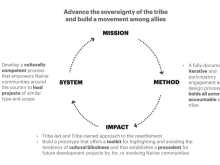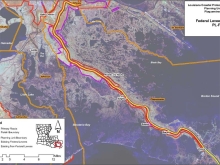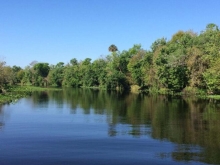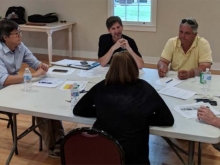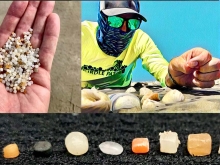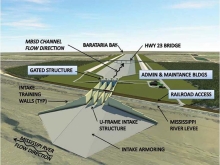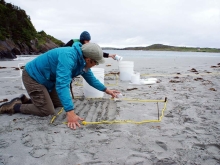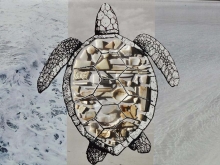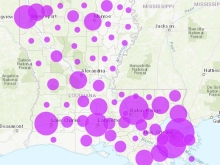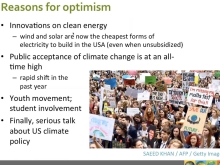Preserving Our Place- A Community Field Guide To Engagement, Resilience, And Resettlement: Community Regeneration Int He Face Of Environmental And Developmental Pressues
Community is self-defined and complicated. This field guide does not define what a community is or is not, but it is intended for those communities whose lifeways are threatened by environmental change that has exceeded the carrying capacity of the community's social and ecological infrastructure. The problem is more often defined as risks to infrastructure, but the loss of lifeways is not irrelevant. We suggest that social concerns must not be displaced in the face of risk, and that cultural continuation and survival is as important as infrastructure.
